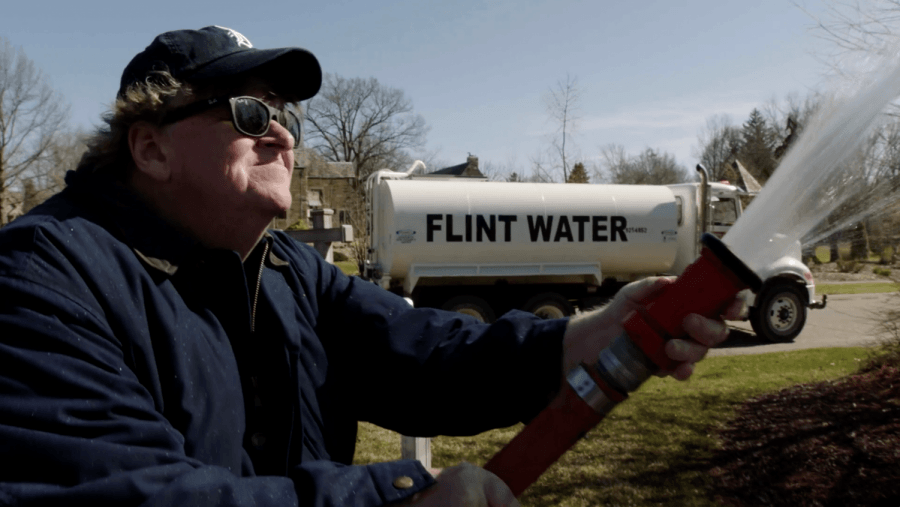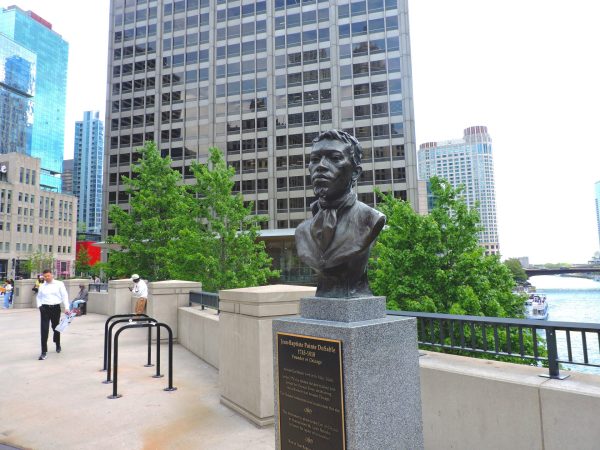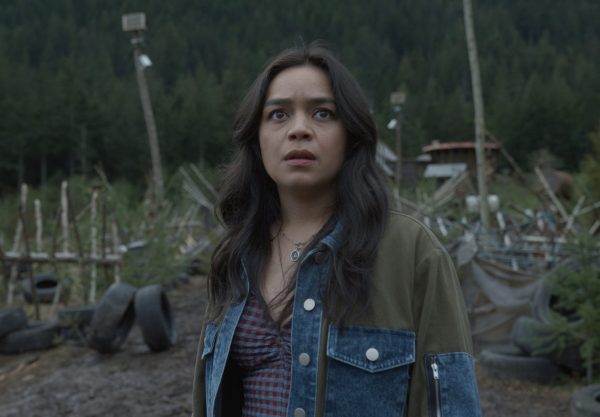Michael Moore’s impassioned battle cry
Credit: Photo Courtesy of IMDb
Election Night 2016 remains one of the most shocking moments in contemporary American history almost two years later. One is still able to vividly recall watching TV that night and seeing the Hillary supporters tearfully look upon the election results as Rachel Platten’s “Fight Song” plays among them. The outcome of the 2016 election was a shock to just about everyone in the world except for one man, Michael Moore.
Having made a high-profile career out of documentaries that confront many political pressure points ranging from gun control to healthcare to the economy, Moore has always come out as a true champion of the people. This quality has never been more prevalent than in his latest ambitious endeavor, “Fahrenheit 11/9.”
Moore kicks off this film with a recap of that fateful election night, cutting between clips of horrified Clinton supporters and overjoyed Trump supporters with an operatic composition blasting over it. It’s a fittingly tongue-in-cheek way of portraying an event that is often reflected upon as a tragedy.
\After that point in the film, Moore goes for the throat of everyone who leads the American political system. This is not the simple, vapid hit piece that the posters and trailers may lead you to believe. It’s an elaborate, messy look at the elites who keep us in the same cycle of political distrust.
The structure of the film, though, is messy. Moore not so seamlessly goes from topics in a jarring fashion. While his analyses can be eye-opening and valuable, it’s impossible to not think about how much more impactful it would be had the film had a bit more of a steady pace and flow.
One moment, Moore half-jokingly hints at an incestuous relationship between President Trump and his daughter, Ivanka. The next, he is placing the audience right in the heart of the Flint water crisis. Having the ambition to paint a portrait of all of the political injustices in a certain era can be a double-edged sword, and a lack of structure is almost always on the bad side of that sword.
Surprisingly, the Trump commentary here is the weakest aspect. It comes across as a rehash of points and jokes that people like Trevor Noah, Stephen Colbert and Bill Maher already make on a regular basis. Thankfully Moore seems aware of this and doesn’t spend a ton of energy on this.
Moore’s angry energy is stored almost entirely for Michigan Gov. Rick Snyder.
The most enraging and emotional moments of the film come when Moore explores, in stark detail, the injustice and negligence surrounding the Flint water crisis. One of the most unsettling lines in the film comes from when Moore refers to the crisis as a “slow-moving ethnic cleansing.” The water crisis is revealed to just be the tip of the iceberg for Flint’s troubles. Moore uses raw cell phone and home video footage to reveal to the audience that the U.S. Army used Flint as a military training ground for urban warfare without any warning to the residents of the city.
It is genuinely difficult to not let these things keep you down while watching the film but the doom and gloom of the Trump era is not Moore’s main thesis, it’s that democracy can only exist as long as we all participate in the change we want to see.
The majority of “Fahrenheit 11/9” is spent analyzing those who set out to make positive change in our nation. Moore interviews maverick political figures like New York’s Alexandria Ocasio-Cortez, West Virginia’s Richard Ojeda, Michigan’s Rashida Tlaib and the Parkland students, namely Emma Gonzalez. The moments where Moore actively encourages his audience to go out there and make change is where you can feel his energy and disarming optimism.
Moore did not make this film to try to convince or convert any people who share opposing views. He knows there is no point in that. Moore made this film as a plea to his followers to be inspired and to make the world what they want it to be. Messy and overstuffed as the film may be, it is impossible not to be swept up in Moore’s battle cry for improvement. This is old school angry Michael Moore and we need him now more than ever.











